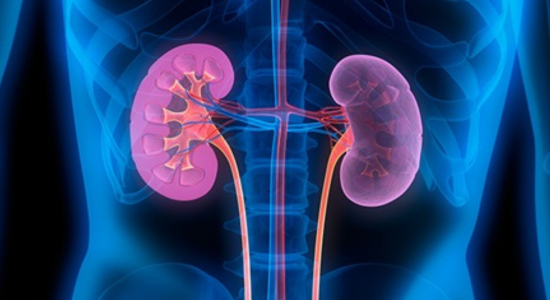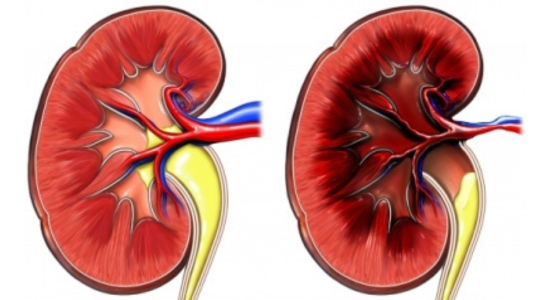Diabetic Nephropathy in Bathinda
Diabetic Nephropathy in Bathinda: Comprehensive Care and Management
Diabetic nephropathy is a serious kidney-related complication of diabetes, characterized by damage to the kidneys due to prolonged high blood sugar levels. In Bathinda, managing diabetic nephropathy involves a multi-disciplinary approach that includes lifestyle modifications, medical management, and advanced treatments. This guide provides an in-depth look at diabetic nephropathy, its impact, and the range of treatment options available in Bathinda to manage and mitigate the condition.

Understanding Diabetic Nephropathy
Diabetic nephropathy is a progressive kidney disease that occurs as a result of diabetes. It is marked by damage to the blood vessels in the kidneys, which impairs their ability to filter waste from the blood effectively. Key aspects of diabetic nephropathy include:
- Early Damage: Damage to the kidneys begins at a microscopic level, often with the presence of small amounts of protein in the urine, known as microalbuminuria .
- Progression: Without intervention, diabetic nephropathy can progress to more severe stages, leading to macroalbuminuria (increased protein in urine), reduced kidney function, and eventually, end-stage renal disease (ESRD).
Symptoms
In the early stages, diabetic nephropathy often doesn’t present any noticeable symptoms. The presence of protein in your urine, which indicates kidney issues, is typically detected through a urine test.
Kidney damage can develop over many years before symptoms become apparent. When symptoms do occur, they are usually quite vague.
If the kidney damage progresses to a severe stage, you might experience:
- Unexplained weight loss
- Swelling in the ankles and feet from fluid retention
- Puffiness around the eyes
- Decreased appetite
- Dry, itchy skin
- Muscle cramps
- Increased frequency of urination
- Persistent fatigue
- Difficulty concentrating
Causes & risk factors
Diabetic nephropathy occurs when diabetes causes damage to the blood vessels and other cells in the kidneys.
Both Type 1 and Type 2 diabetes can lead to this condition. Several factors can increase your risk of developing diabetic nephropathy, including:
- Poorly managed high blood sugar (hyperglycemia)
- Uncontrolled high blood pressure (hypertension)
- Smoking
- Elevated blood cholesterol levels
- A family history of diabetes and kidney disease
How do Kidneys work?

Your kidneys have millions of tiny clusters of blood vessels that filter waste from your blood. Significant damage to these vessels can result in diabetic nephropathy, reduced kidney function, and ultimately, kidney failure.
Complications
Complications of diabetic nephropathy develop gradually over months or years and can include:
- Fluid retention, which might cause swelling in your arms and legs, high blood pressure, or fluid buildup in the lungs
- Significantly elevated potassium levels in the blood
- Cardiovascular issues, potentially leading to stroke
- Damage to the blood vessels in the eyes (diabetic retinopathy)
- Anemia
- Problems such as foot sores, erectile dysfunction, diarrhea, and other issues linked to nerve and blood vessel damage
- Complications during pregnancy that pose risks for both the mother and the fetus
- Progressive kidney damage that can lead to end-stage kidney disease, requiring either dialysis or a kidney transplant for survival
Prevention
To lower your risk of developing diabetic kidney disease:
- Manage Your Diabetes: Proper treatment of diabetes can help prevent or delay the onset of diabetic kidney disease.
- Control High Blood Pressure and Other Conditions: Work with your doctor to manage high blood pressure and other conditions that could increase your risk of kidney disease. Discuss with your doctor about tests to check for early signs of kidney damage.
- Follow Medication Guidelines: When using over-the-counter pain relievers like aspirin and ibuprofen, adhere to the recommended instructions. These medications can potentially harm your kidneys, especially if you already have diabetic kidney disease.
- Maintain a Healthy Weight: Keep a healthy weight through regular physical activity. If you need to lose weight, consult your doctor for advice on effective weight-loss methods, including increased exercise and calorie reduction.
- Avoid Smoking: Smoking can worsen kidney damage. If you smoke, seek advice from your doctor on quitting strategies, which may include support groups, counseling, and medications.